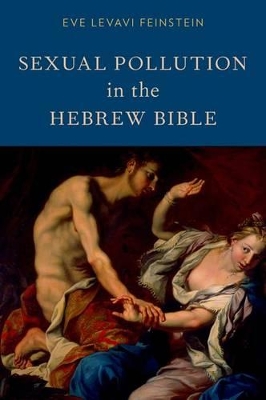The concepts of purity and pollution are fundamental to the worldview reflected in the Hebrew Bible, yet the ways biblical texts apply these concepts to sexual relationships remain largely overlooked.
Sexual Pollution in the Hebrew Bible argues that, when applied to sexual relations, pollution language usually reflects a conception of women as sexual property susceptible to being "ruined" for particular men through contamination by others. In contrast, however, the Holiness legislation of the Pentateuch applies such language to men who engage in transgressive sexual relations, conveying the idea that male bodily purity is a prerequisite for individual and communal holiness.
This understanding of sexual pollution, found in Leviticus 18, has a profound impact on later texts. In the book of Ezekiel, it contributes to a broader conception of pollution resulting from Israel's sins, which bring about the Babylonian exile. In the book of Ezra, it figures in a view of the Israelite community as a body of males contaminated by foreign women. Drawing on psychological and cross-cultural studies as well as philological and historical-critical analysis of biblical texts, Eve
Feinsteins study illuminates the reasons why the idea of pollution adheres to particular domains of experience, including sex, death, and certain types of infirmity.
- ISBN10 0199395543
- ISBN13 9780199395545
- Publish Date 23 October 2014
- Publish Status Active
- Publish Country US
- Imprint Oxford University Press Inc
- Format Hardcover
- Pages 312
- Language English
